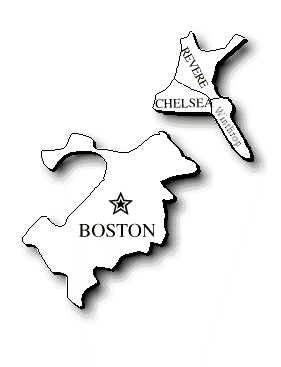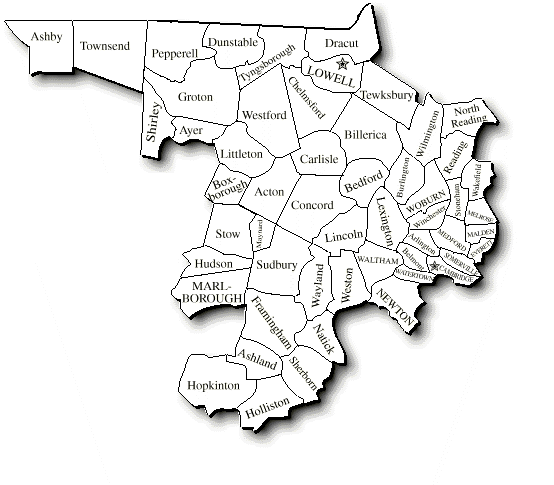Massachusetts Carrying Guns & Possession Laws
Massachusetts has a number of very specific, and very stringent, laws regarding gun possession, beginning with the requirement to be licensed by the state to purchase firearms and ammunition. Those licenses are issued upon successful completion of a state-approved firearm safety course. They are also “may issue” state, except in the case of FID’s, which are “shall issue,” so that once the state requirements are met, the issuing agency may still refuse to grant a license at their own discretion.
There are four possible licenses that can be issued, each lasting 6 years, including:
- Firearm Identification License (FID), which only permits ownership of long arms, which are defined as rifles or shotguns) that hold ten rounds of ammunition or less.
- Class B License to Carry, authorizes the ownership of non large-capacity handguns, but place certain restrictions on the possession, use and carrying of said handgun. This license does not permit concealed weapons and the weapons must be unloaded and in a locked case when carried in the gun holder’s vehicle .
- Class A License to Carry, which allows any capacity handgun or long gun, with the ability to carry concealed weapons.
- Machine gun license, which can only be issued to a firearms instructor certified by the Criminal Justice Training Council or a proven collector who can only use the gun for historical information and appreciation, display, research, demonstration, teaching, test firing, investment, or similar activities.
Ownership is restricted from those persons who have a disqualifying conviction, who have been confined for mental illness or confined and treated for drug addiction or alcohol abuse, who are fugitives, who have had a domestic protective order issued against them, are under 15, or are more than 15 but less than 18 and have not obtained parental or guardian permission.
All licensed firearms are to be stored or carried in a locked container or with a trigger lock. The one exception is the Class A unrestricted license for handguns and it requires the handgun be under the owner’s control at all times.
Collateral Penalties & Regulations for Unlawful Possession
- Any individual who is unable to produce the required FID card or license upon demand by a law enforcement official may be required to forfeit their firearm. They may be able to reclaim it if they can produce their license within 30 days.
- Any individual found to be carrying an unsecured firearm may have their license revoked and their weapon confiscated.
Requirements for Possession: For Firearm, Shotgun, and Rifle Possession in the state of Massachusetts
| Age | Registration | License | Permit | |
| FID (Non-large capacity rifles or shotguns | 15 to 18 years old w/parental permission | None required | Required for carry | Required for carry |
| Class A (any large capacity handgun, shotgun, or rifle) | 21 years of age | None required | Required for carry | Required for carry |
| Class B (any non-large capacity handgun, or large capacity rifle or shotgun) | 21 years of age | None required | Required for carry | Required for carry |
Purchasing Guns
In the state of Massachusetts, no weapon can be purchased without a duly granted license or FID card and successful completion of a state-approved firearm safety course.
The U.S. Constitution guarantees the right of American citizens to bear arms. There have been numerous attempts to limit gun ownership, resulting in an ever-changing landscape concerning gun legislation. While federal law certifies the right of citizens to own and carry weapons under certain conditions, most of the specific laws concerning firearms are made and enforced in the individual states. Massachusetts is a “may issue” state, giving law enforcement officials more discretion in granting permits.





